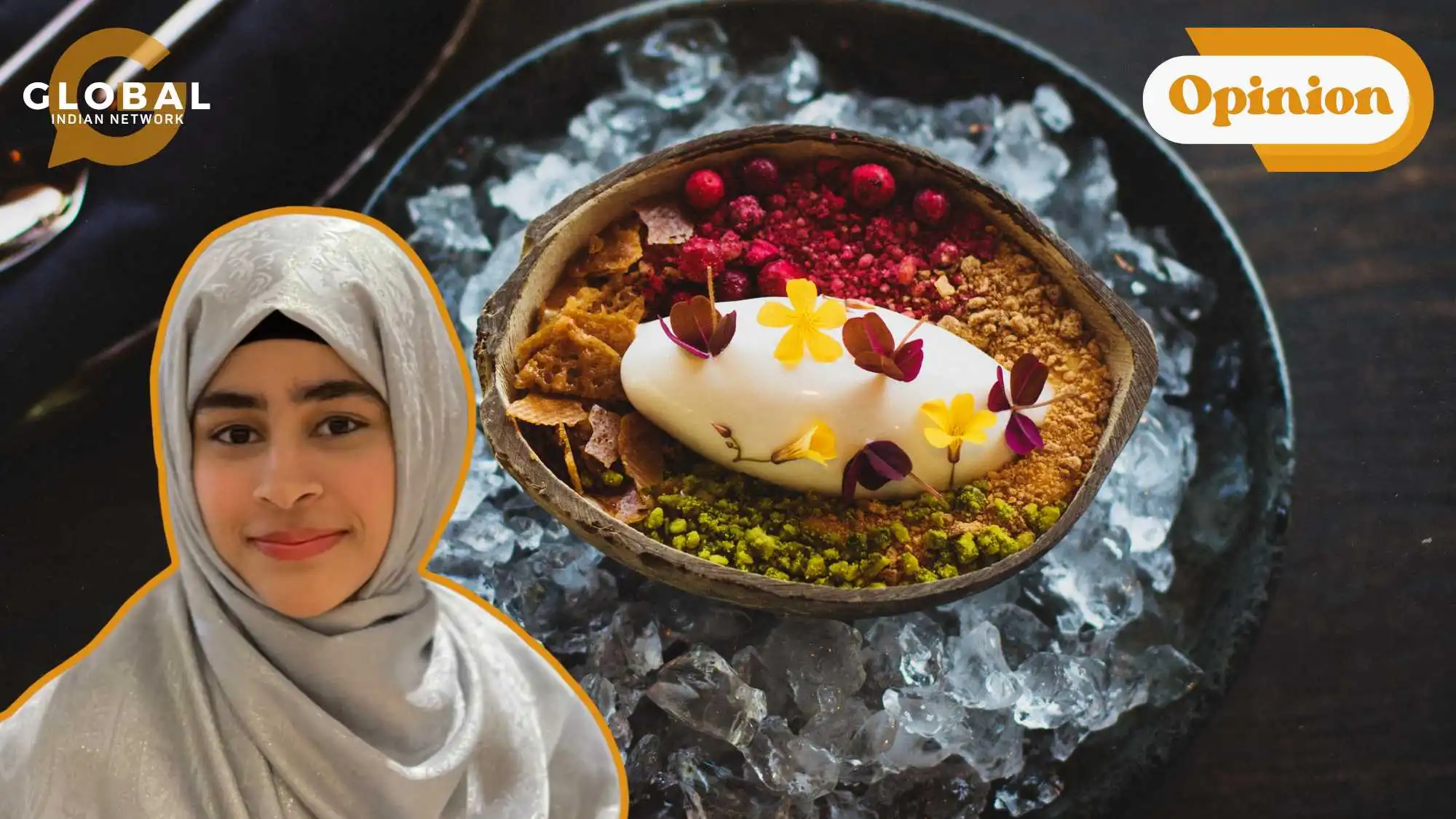Have you ever had sushi? You’ve definitely had pizza… What about sushi-pizza?
Fusion Cuisine, a culinary tradition that is redefining the concept of traditional food, refers to a type of cuisine that offers a combination of culinary elements from around the world. Taking the best from each and beautifully integrating it into one dish since the 1970s.
Many celebrate food fusion since they get to experience more cultures and witness extraordinary culinary innovation. However, others worry about food fusion, fearing that gradually, it may erase valuable historical culinary traditions.
The notion of food fusion has boomed in popularity worldwide, particularly during the last decade. It is mostly prevalent in culturally diverse and urban cities where food has a broader audience.
YOU MIGHT BE INTERESTED IN: Navigating Cultural Identity and Indian Cuisine with Aparna Soni
Although it is almost impossible to specify exactly the origins of fusion cuisine, we do know numerous events in history that made it popular.
First and foremost, The Silk Road was not just a trading pathway for goods; it was a path where cultures were exchanged with spices such as cumin and ginger going from Asia to Europe.
In the 20th century, they generated the term ‘fusion cuisine’, creating a more conscious approach to cultural culinary exchanges. Moreover, due to globalisation, people have travelled more and experienced different cuisines, which has brought them back home.
Most importantly, chefs started breaking free from geographical barriers and embracing fusion cuisine.
For many, food fusion is a playground for culinary creativity. Food is no longer specific to regions; rather, it is all combined harmoniously to create mouth-watering dishes by drawing inspiration from all parts of the globe. For instance, the Morrocan-inspired naan is cooked in a tandoor and flavoured with the fragrant spices of Morocco.
But obviously, aiming for innovative creativity brings with it the potential for chaos. A poorly thought-out dish can become a jumble of flavours without harmony. Although globally celebrated, fusion cuisine does not come without criticism. Traditional chefs argue that it minimises the essence of culinary traditions that have been passed down and maintained through multiple generations with such effort. It is feared that unthinkingly running behind innovation, the historical and cultural traditions of food may get lost. Concerns are also posed on the idea that fusion cuisine can offend the cultural roots of a specific dish, belittling its significance.
However, these suggestions have been counter-argued by fusion cuisine enthusiasts, stating that food fusion can act as a bridge to cultures. A well-prepared fusion dish can spark curiosity in people, leading them to the original dishes or ingredients that the dish was made from. For instance, a Korean-Mexican taco might cause a diner to look further into the strong flavours of Korean barbeque or further explore the original vibrancy of Mexican cuisine.
Regardless, all fusion cuisine enthusiasts need to instil in themselves respect and appreciation for the culinary culture they are borrowing. Making oneself knowledgeable of the cultural significance of the ingredients being utilised can be a starting point.
The future of fusion cuisine is bright. As globalisation continues faster than ever, food fusion excels in connecting more people across different cultures. For example, Latin American influences are causing a culinary storm with spectacular dishes such as the Peruvian Nikkei, which is a mix of Japanese and Peruvian flavours.
Food fusion influence goes far beyond fancy restaurants. Step into a grocery store and observe – they’re stocked with global ingredients. Be it Kimchi in the Middle East or Hummus in India. Such easy access to a wide variety of international ingredients makes it easier than ever for innovative households to not just create the dish they’ve been craving from the other part of the world but to mix it with their favourite traditional foods. Taking things a leap further, we might see scientific techniques such as molecular gastronomy employed in fusion foods.
LISTEN TO THIS PODCAST: Celebrating National Identity and Immigration: Meeru Dhalwala’s Culinary Ventures
Despite certain limitations, there are many positive aspects to fusion cuisine. From new flavours for our taste buds to bringing cultures together, fusion is impossible to stay away from. The next time you sit down to order a meal, don’t be afraid to step out of your comfort zone. Go ahead and explore the exciting world of fusion cuisine!
Do you have burning thoughts or opinions? We’d love to hear them! Share your thoughts and ideas in the comments below to get the conversation flowing, or feel free to reach out to us at larra@globalindiannetwork.com.









